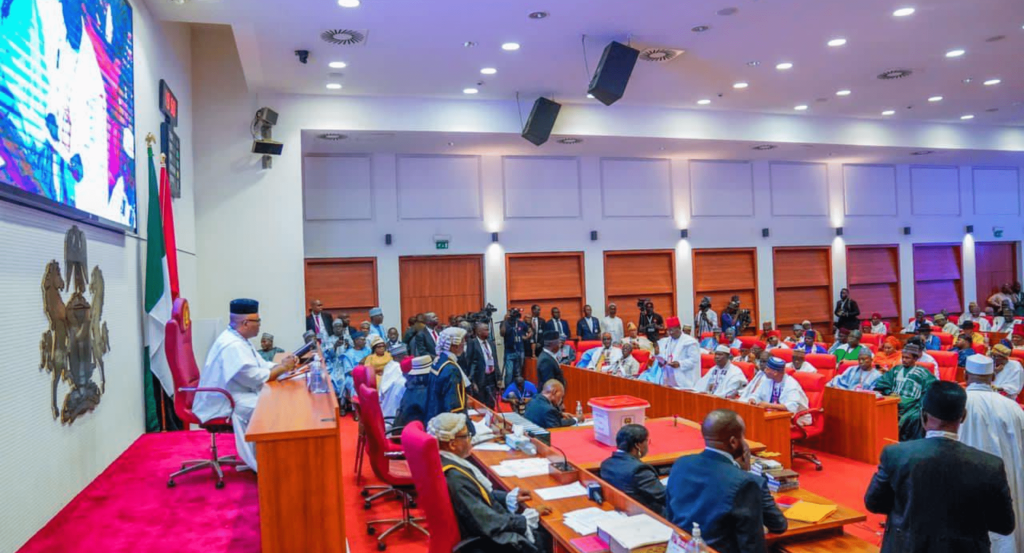The Nigerian Senate and House of Representatives have launched separate investigations into allegations that the United States Agency for International Development (USAID) may have indirectly funded Boko Haram. The claims, which surfaced through undisclosed intelligence sources, have raised concerns about Nigeria’s ongoing fight against terrorism and the future of U.S. aid to the country.
On February 19, the Senate summoned National Security Adviser Nuhu Ribadu, the Director-General of the Department of State Services (DSS), and other security chiefs to provide clarity on the allegations. Lawmakers are seeking detailed reports on any possible links between USAID funding and terrorist financing within Nigeria. Similarly, the House of Representatives has vowed to conduct a thorough probe to ensure transparency and protect national security interests.
The controversy has put Nigeria at risk of losing significant foreign assistance. The Senate has warned that failure to resolve the issue could jeopardize a $603 million aid package earmarked for development projects, including healthcare, education, and infrastructure. Lawmakers insist that a comprehensive investigation is necessary to safeguard the country’s international partnerships while maintaining national security.
In response, the U.S. government has strongly denied any involvement in funding terrorist activities. U.S. Ambassador to Nigeria, David Greene, dismissed the allegations as baseless, reaffirming America’s commitment to supporting Nigeria’s counterterrorism efforts. He emphasized that USAID operates under strict regulations and undergoes rigorous oversight to prevent misuse of funds.
Despite the U.S. government’s reassurances, Nigerian lawmakers remain cautious. The probe is expected to involve intelligence briefings, financial audits, and testimonies from key officials. Security analysts warn that the situation could strain diplomatic relations between Nigeria and the U.S. if not carefully managed.
As the investigations unfold, the outcome could have far-reaching implications for Nigeria’s foreign aid programs and counterterrorism strategies. The Nigerian government is under pressure to balance national security concerns with maintaining strong international partnerships essential for economic and humanitarian support.




















